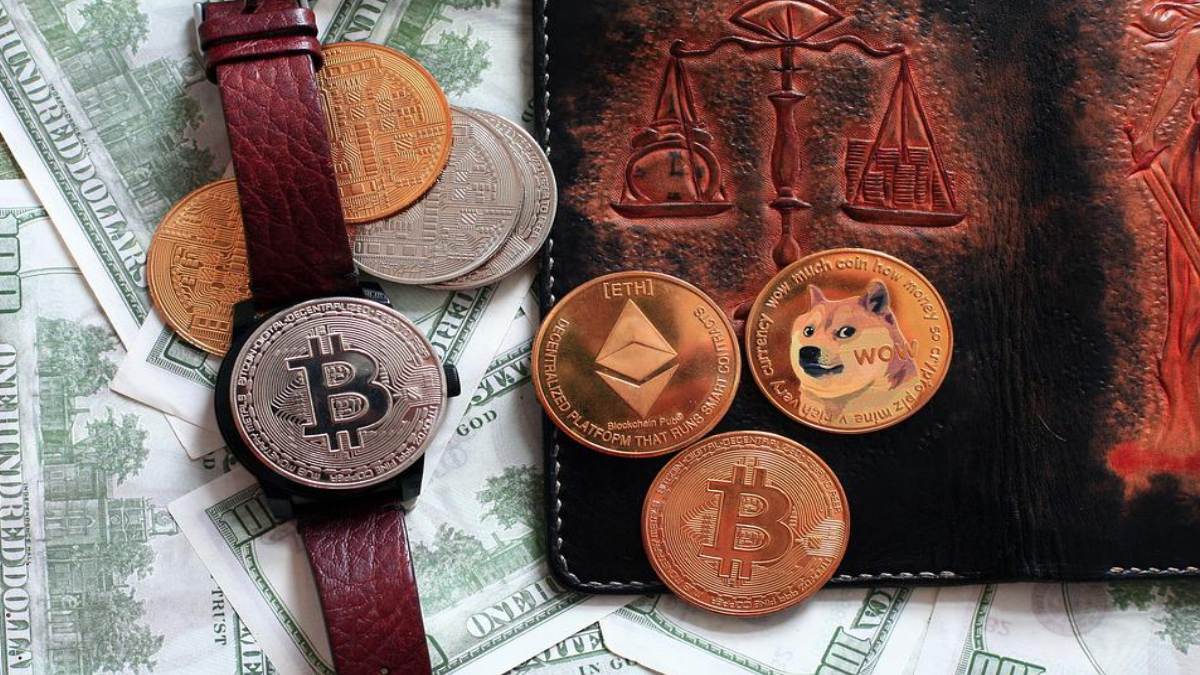Asia is witnessing a constant growth in the crypto sector, especially from affluent investors. In nations like India, Vietnam, China, Indonesia, Japan, Malaysia, Singapore, and Thailand — the holdings of crypto and other digital assets have risen multi-fold in recent years, a report by Accenture claims. After conducting a survey in Asia with over 3,200 participants, the report said people with up to $1 million (roughly Rs. 7 crore) in the continent, are investing in virtual assets in a bid to diversify their investment portfolios.
As per the findings, Thailand and Indonesia dwellers hold the maximum percentage of digital assets in Asia, followed by India, Singapore, and Thailand.
Meanwhile, India contributes by seven percent on the chart representing the percentages of crypto and NFT holdings in Asia. This brings India ahead of Singapore, Japan, and Vietnam — that reflect six percent, three percent and four percent in digital asset holdings on the Accenture survey graph.
At this point, Asian investors, on an average hold nearly one-third (32 percent) of their wealth in retail deposit accounts and physical cash.
The research has however noted that more investors could add money to the crypto sector, only if their financial advisors suggest them to take this approach.
“Investors are more interested in receiving advisory services from their wealth firm than a self-directed approach, where they make investment decisions themselves and use wealth firms just to execute their trades (40 percent vs. 33 percent). This desire for more financial advice could lead investors to move assets,” Accenture said in a blog post.
Out of the total participants of this survey, Accenture said 52 percent Asian investors already hold crypto assets.
These include cryptocurrencies, NFTs, and investment funds of digital assets.
The report has further predicted that these investments in virtual assets will rise by around 21 percent in Asia, very soon.
For now, crypto makes for the fifth largest asset class in Asia, despite which, 67 percent of wealth management firms have no plans to offer digital assets services and offerings.
“Investors are looking for new products and advisory services as they grapple with market volatility, longer life expectancies and the plethora of investment information available online. To reimagine the client experience and differentiate themselves in key areas, including digital assets, wealth managers will need to find a balance in their advisory offerings,” said Nicole Bodack, Accenture’s Capital Markets industry group lead for Growth Markets.
At this point, the Asian market has established itself as a tough sphere for the crypto industry to crack into.
Last year, China imposed a blanket ban on cryptocurrencies. While Chinese citizens can purchase and hold crypto assets at their own risks, they are not allowed to trade them or sell them in exchange for monetary or materialistic benefits.
In India, the crypto industry is clouded by regulatory uncertainties, due to which, the growth and adoption of digital assets is moving at a relatively slow pace.
Regardless, industry experts believe that it is only a matter of time that more people will invest in crypto, as the industry matures and rises above its present volatile stage.
In April, a report by Gemini crypto exchange had reportedly claimed that around 45 percent of the participants in its survey had purchased their first crypto asset in 2021.

